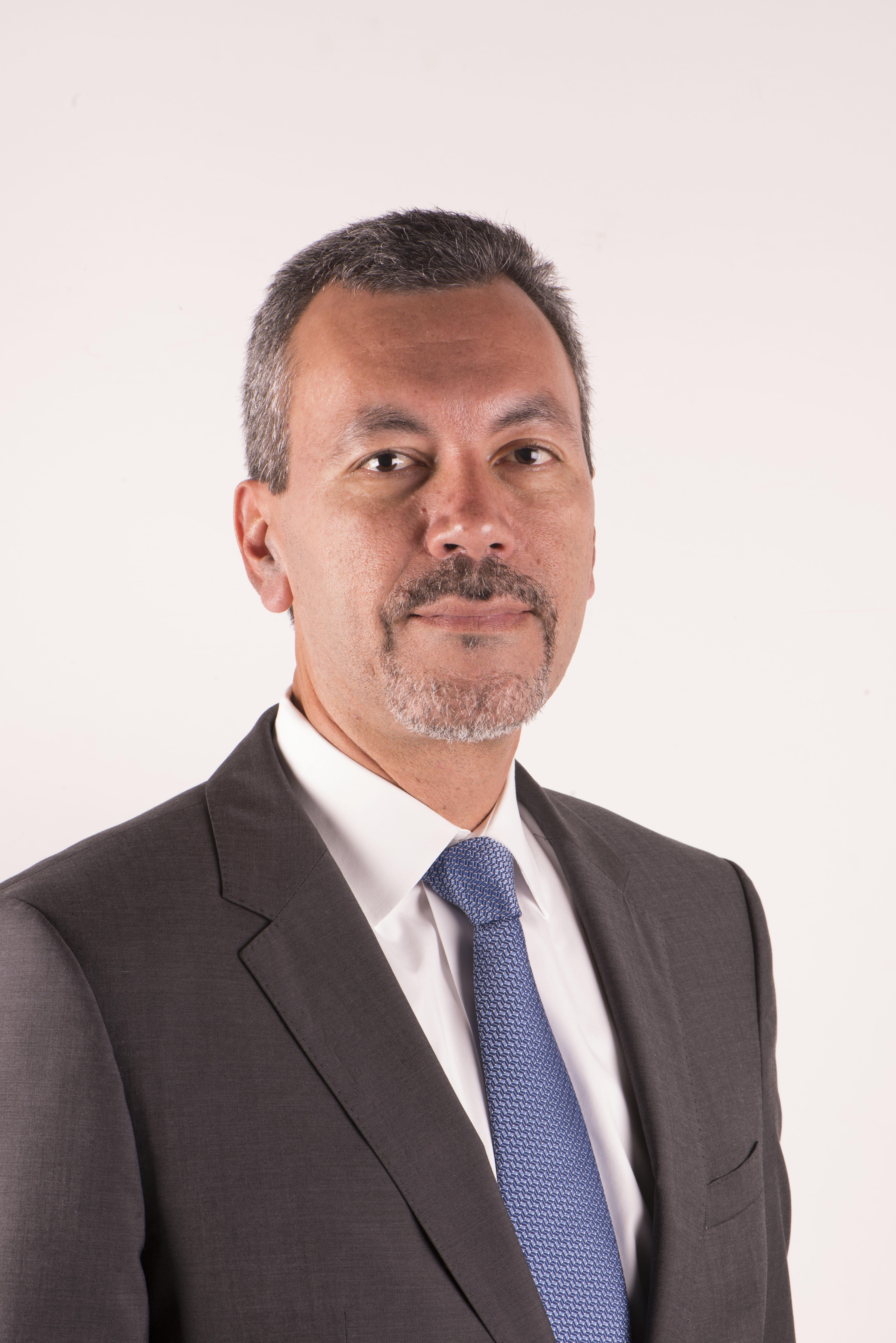Earlier this week, Actis, a UK-based private equity firm focused on emerging markets, announced the launch of a major pan-African higher education initiative – Honoris United Universities.
Honoris United Universities, in which Actis is investing $275 million, has brought together private universities and colleges across 48 campuses in 30 cities in Africa as it looks to cater to the continent’s rapidly growing educational needs. Honoris, now Africa’s largest network of Universities, already serves 27,000 students but the company expects the student population to grow to 100,000 in the next three to five years as Actis plans to acquire more institutions across the continent and grow its student base.
I recently caught up with Luis Lopez, the newly appointed CEO of Honoris United Universities, a unique pan-African network of educational universities that brings together the leading tertiary education institutions in North and Southern Africa for the very first time. He spoke to me about Honoris’ ambitions for African education.

Tell us about this platform called Honoris United Universities?
I am proud to introduce Honoris United Universities, a unique platform providing international quality education. This is the first private pan-African higher education network committed to preparing and educating the next generation of African leaders and professionals able to impact regionally in a globalized world. Collaborative intelligence, cultural agility and mobile mindsets and skills are at the heart of Honoris’ vision of higher education.
What would be the network’s key objective in the coming years?
Our mission is to prepare and to educate solutions-oriented leaders and professionals able to operate successfully in the world’s youngest and fastest growing continent; individuals capable of impacting tomorrow’s economies and communities. We foster problem-solving skills and critical thinking among our students – and we believe in rooting these skills in academic and personal skill sets. We will seek to educate and train a community of creative leaders capable of achieving economic progress for their communities.
We have seen many private educational models around the world. What is different about your platform?
For the first time in Africa, a higher education initiative, at international standards, introduces the collaborative intelligence of African institutions, leveraging the knowledge and expertise of multiple communities and countries. Honoris United Universities joins the expertise of its member institutions to create pan-regional profile graduates that are competitive in today’s fast-paced and demanding labor markets.
Honoris United Universities is targeted to offer international standards education within Africa to prepare them for employment not just in Africa but globally.
Honoris United Universities competes on its unique proposition as a truly pan-African network and its focus on collaborative intelligence. No other African educational institution offers a syllabus and campus experience that reflects the vast insights of universities from every corner of the continent.
Everything that Honoris United Universities does is built upon the foundations of Collaborative Intelligence and Education for Impact – which means utilizing the knowledge and cultural diversity that exists within the network to create a workforce that is ready for work in Africa and beyond.
You have a very interesting motto – Education for Impact. What is the rationale behind this tagline?
Education is transformative. It can improve job prospects, generate opportunities and alter an individual’s future for the better. Whether in the form of a university degree or the learning of a second language, a quality education can significantly improve the prosperity of the student and their family. We educate for impact and we are committed to developing this belief as a mindset within our pedagogical approach. Our graduates will be competitive in their endeavors and will drive change and leadership in their communities and countries. We will build and invest in providing workspace, access to resources, and centers where this spirit of actively contributing is developed, promoted and celebrated.
Who all are the member institutions of the network? To date, how many universities are part of it?
They are seven institutions in the network so far. The network consists of private institutions in Tunisia, Morocco and Southern Africa that include; Ecole Marocaine des Sciences de l’ingénieur (EMSI) in Morocco (pending regulatory approval), Université Mundiapolis in Morocco, Université Centrale, Académie d’Art de Carthage (AAC) and Institut Maghrébin des Sciences Economiques et de Technologie (IMSET) in Tunisia, REGENT Business School (RBS) and The Management College of Southern Africa (MANCOSA) in South Africa.
How many campuses do these institutions have and what courses are being offered?
At the moment, we have 48 campuses offering over 100 degrees in multi-disciplinary courses including, Health Science, Engineering, IT, Business, Law, Architecture, Arts and Design, Media, Education and Political Science.
Will Honoris United Universities aim to expand its network beyond the seven institutions on its platform?
Yes, and this is an important aspect of Honoris United Universities’ future growth and we believe our model of collaborative intelligence will add significant value in places such as Kenya and Uganda because they are already well plugged into the education ecosystem in Africa. In addition, Honoris United Universities will look to expand its North Africa network in to Egypt.
Will Honoris United Universities offer exchange programs with other universities?
In addition to the exchange programs available within our network in North and Southern Africa, our students will also have access to exchange programs in more than 50 universities across Europe and the United States.
Finally, I would like to conclude the interview by getting your comments on the benefits of this platform for the wider African community?
Honoris United Universities provides pathways for students to become high performing professionals, providing them with the knowledge and skills needed to successfully serve their African economies and societies in a globalized world. The African community will also benefit from an ever-greater pool of culturally aware and diverse leaders who understand their own challenges and know how to do business in multiple settings. A competitive advantage in the job market: a multicultural academic experience and a pan-African professional immersion coupled with a student life of international standards.




























